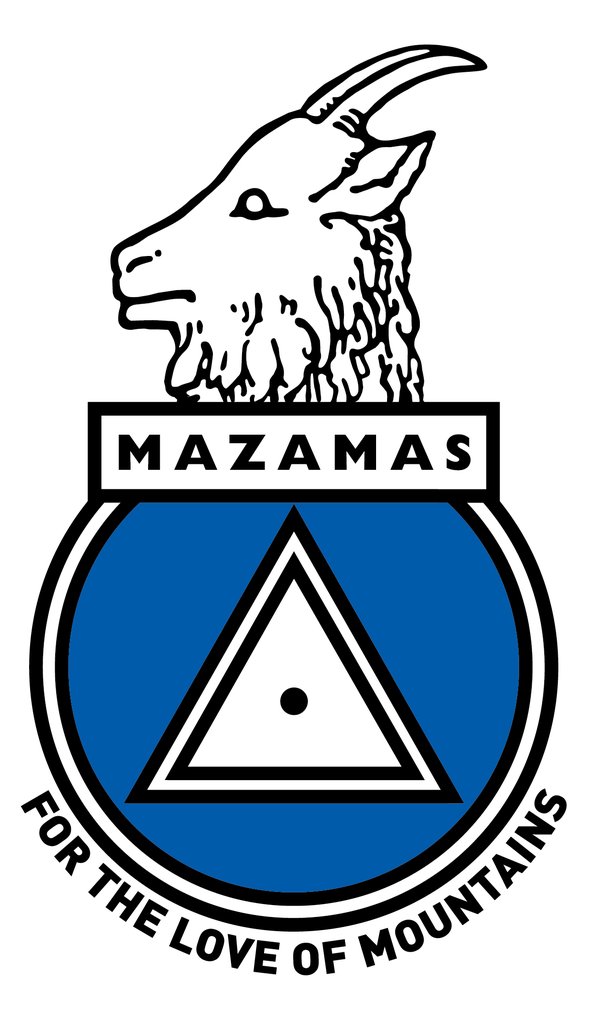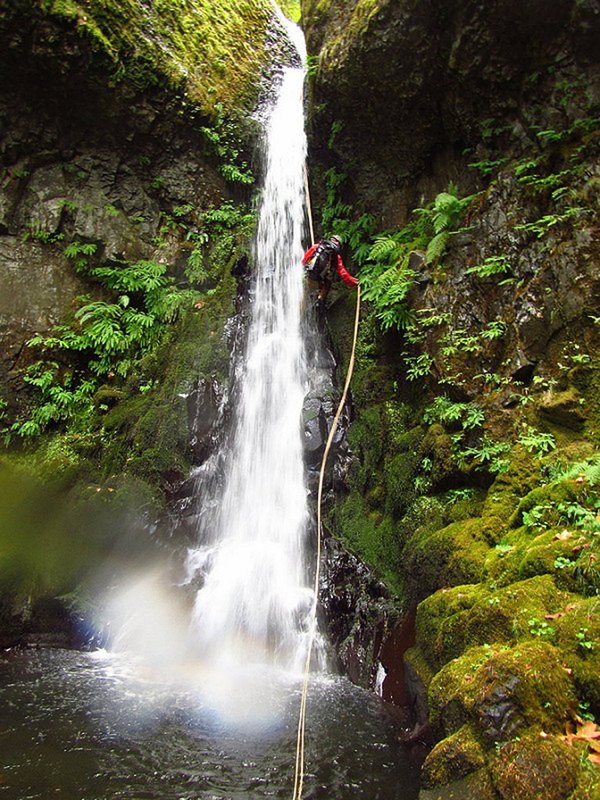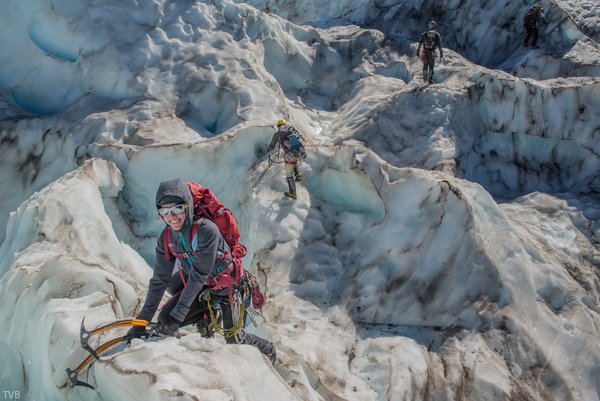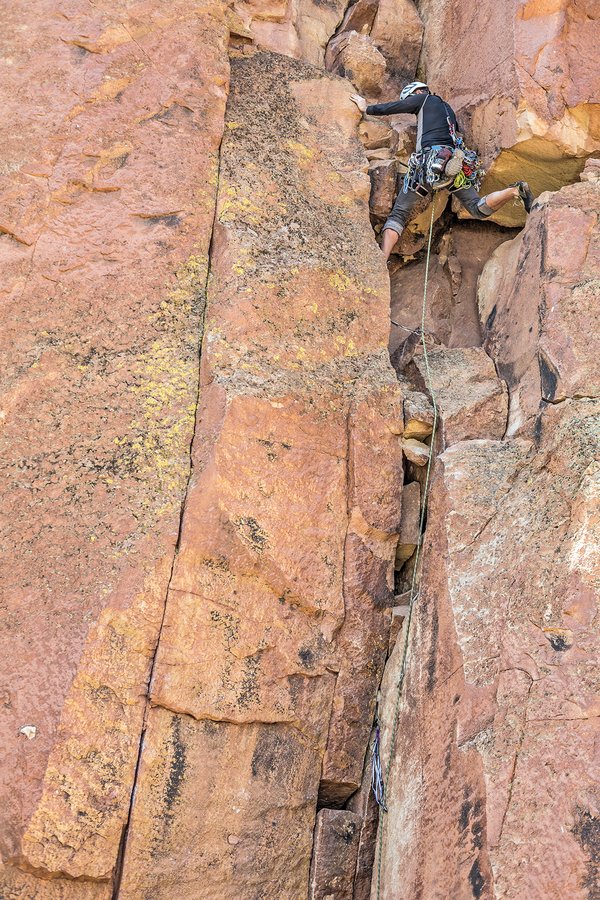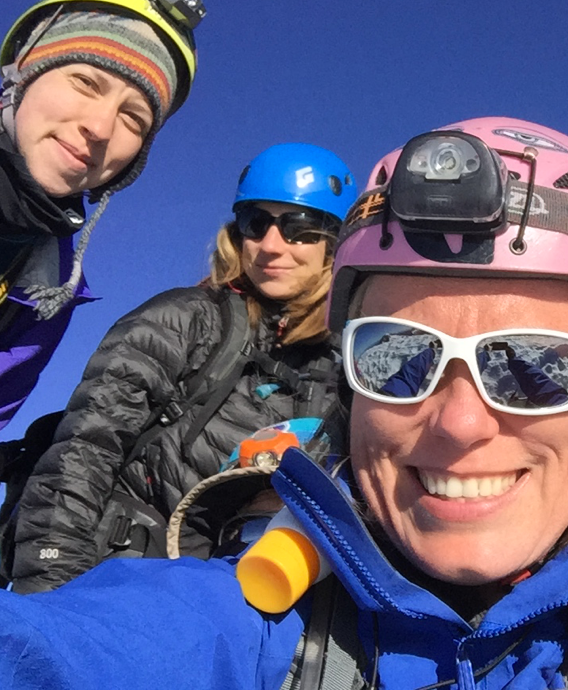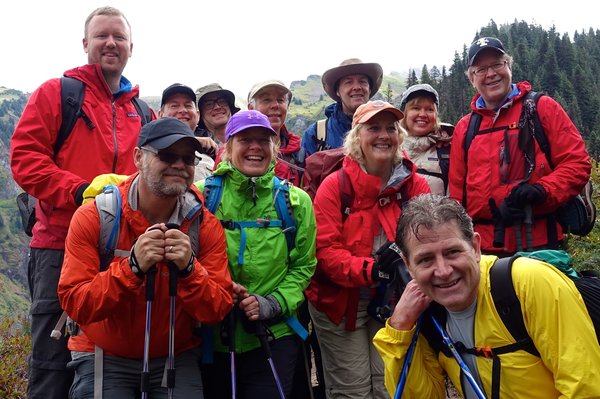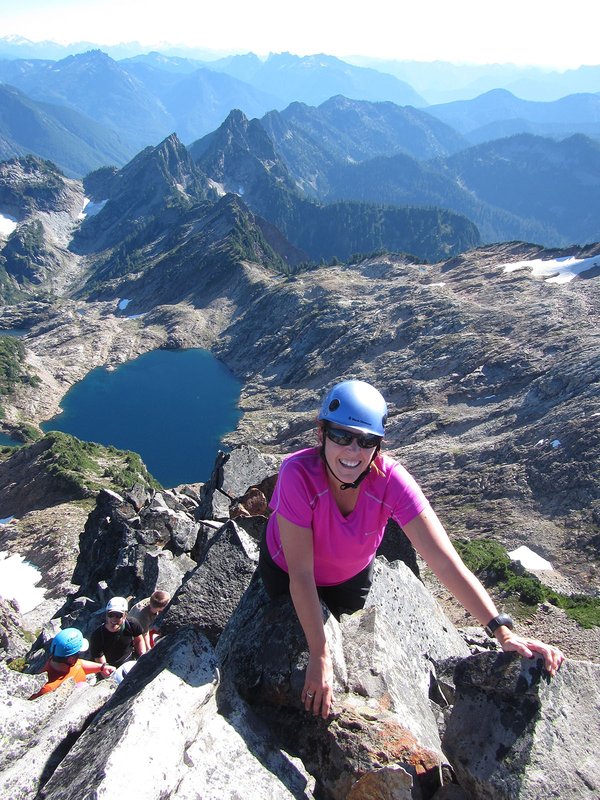Activity Notes
The modules we will be covering on April 9th are: Mountain Weather and Avalanche Awareness!
The schedule for the evening is:
6:00 PM Doors Open
6:30 PM Announcements/Introductions
6:40 PM Mountain Weather
7:00 PM Avalanche Awareness
7:50 PM Breakout Session
9:00 PM Clear the Building by 9:30 PM
The reading assignments and learning goals for the Avalanche and Weather module are (9th ed. FOTH pg #’s):
MODULE 7—AVALANCHE AWARENESS
- Explain how weather, terrain, and snow pack influence avalanche conditions. p.555-557
- Know the five levels of the North American Avalanche Danger Scale. p.378
- Be able to read and understand the Avalanche Summaries on the Northwest Avalanche Center webpage. MAZ + nwac.us
- Be able to recognize avalanche red flags. MAZ
- Know strategies for surviving an avalanche. MAZ + p.383
MODULE 8—MOUNTAIN WEATHER
- Be able to find weather information in preparation for an alpine climb. MAZ weather.gov
- Give examples on how mountains and elevation affects the weather. p.560-567
- Know the signs of an upcoming electrical storm and what to do if you are caught in one. p.560-564
- Know how to navigate in a whiteout. p.123-125
- Describe weather patterns of the Pacific Northwest. MAZ + NOAA (weather.gov)
If you are using the 8th edition of FOTH, your pages are:
MODULE 7—AVALANCHE AWARENESS
- Explain how weather, terrain, and snow pack influence avalanche conditions. p.352–366, 549–551
- Know the five levels of the North American Avalanche Danger Scale. p.362
- Be able to read and understand the Avalanche Summaries on the Northwest Avalanche Center webpage. MAZ + nwac.us
- Be able to recognize avalanche red flags. MAZ
- Know strategies for surviving an avalanche. MAZ + p.367
MODULE 8—MOUNTAIN WEATHER
- Be able to find weather information in preparation for an alpine climb. MAZ weather.gov
- Give examples on how mountains and elevation affects the weather. p.555, 558, 560
- Know the signs of an upcoming electrical storm and what to do if you are caught in one. p.554–555
- Know how to navigate in a whiteout. p.107–109
- Describe weather patterns of the Pacific Northwest. MAZ + NOAA (weather.gov)
Your team leaders will provide you with information RE the breakout sessions.
